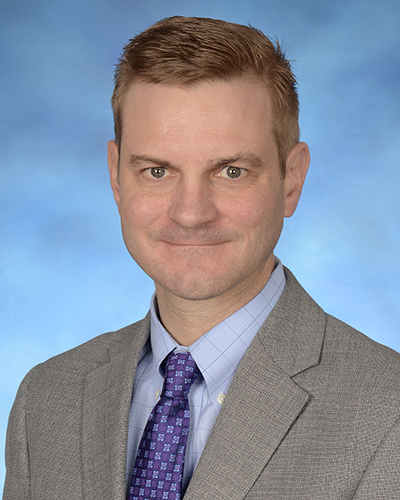
The Center for Vascular Research dedicates its page in loving memory of Thomas S. Monahan III, MD (May 28, 1975 - September 12, 2019, age 44)
From vascularcures.org
Assistant Professor of Surgery
University of Maryland
1975-2019
We mourn the loss of Dr. Monahan, a great contributor to vascular surgery through both his academic research and clinical practice.
The Wylie Grant was awarded to support Dr. Monahan’s research identifying the mechanisms responsible for vein graft, angioplasty, and stent failure. Dr. Monahan studied the body’s reaction to surgery known as intimal hyperplasia.
As a vascular surgeon, Dr. Monahan performed both bypass surgery and angioplasty (inflation of a balloon within a diseased segment of artery) to relieve arterial blockages. Over seven million cardiovascular bypass operations and angioplasty procedures are performed in the U.S. each year. Bypass grafting, endarterectomy, and angioplasty remain plagued by restenosis, or recurrent narrowing of the affected vessel, which affects up to 30-40% of procedures within six months. Restenosis or intimal hyperplasia represents a large clinical problem.
A normal blood vessel is a three-layer structure consisting of the intima, media, and adventitia. The intima is populated with endothelial cells. In the setting of trauma – including surgical bypass, angioplasty, or stenting – the normally quiescent, contractile medial smooth muscle cells dedifferentiate. These cells revert to a more primitive migratory, proliferative, and secretory form. These cells migrate to the intima and cause the lesion observed in intimal hyperplasia. Intimal hyperplasia reduces vessel diameter and ultimately limits the patency of all cardiovascular reconstructions. Dr. Monahan focused on methods of specifically inhibiting vascular smooth muscle cell migration and proliferation. Present treatments for the prevention of intimal hyperplasia are limited because they inhibit both smooth muscle and endothelial cell migration and proliferation. Inhibition of endothelial re-growth mandates that patients take blood thinners for an indefinite period of time.
Dr. Monahan had identified a protein, MARCKS, that when knocked down, inhibits smooth muscle cell migration and proliferation with no effect on endothelial cells. He was at work exploring the mechanism of the differential effect of MARCKS signaling in these two cell types. This protein is potentially a powerful target for the prevention of intimal hyperplasia. The work that Dr. Monahan did with support from the Wylie Scholarship represents the important first steps in the development of a therapy to prevent the formation of intimal hyperplasia.
Dr. Monahan was on the faculty at the University of Maryland School of Medicine where he performed his research.
“He had a personal commitment to providing much needed surgical care for the most vulnerable in our society: the poor, uninsured, veterans and persons with no advocates…His patients and colleagues remember him as a tireless advocate for the chronically ill and disadvantaged, as well as a dedicated teacher and scientist.” Raj Sarkar, 2005 Wylie Scholar and mentor to Dr. Monahan
